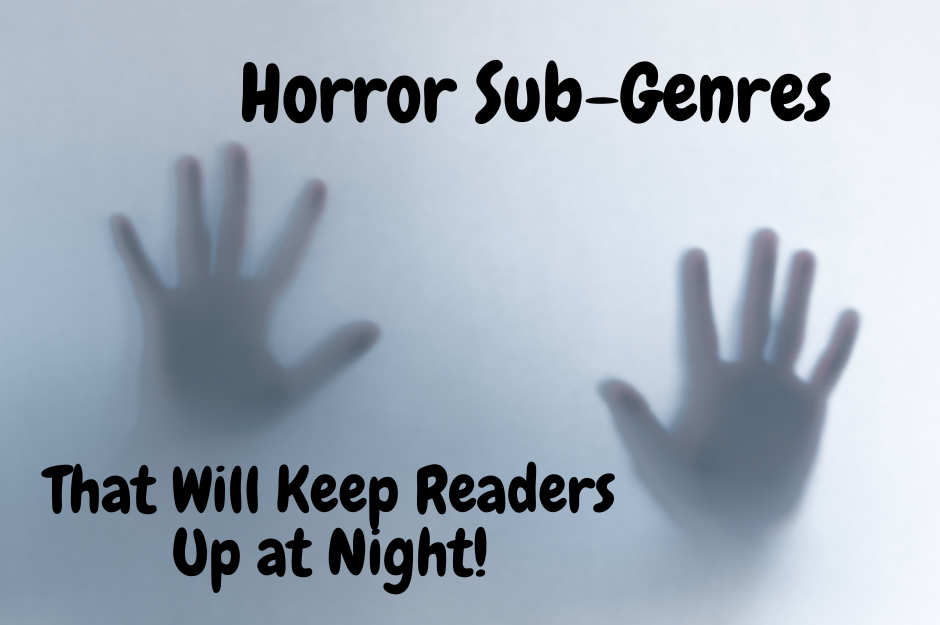|
Listen to or download this article:
|

The best fiction touches the deep layers in us. A writer achieves this affect by embedding dozens of techniques into his story. The process is artful, and, I’m to report, often sly. In fact, fiction writers employ the sort of sleight-of-hand used by a magician; he distracts with patter; whispers so that we lean in to hear his low, confiding tone; surprises us when we least expect to be surprised, produces flourishes that awe with their boldness. And somehow he makes it look easy, although we know that it has taken years for him to master.

But of course, writing fiction is not easy or merely a matter of employing tricks.
Fiction writing means applying craft and artifice, and, like a conjurer’s lightening-speed maneuvers, it can be learned. You’ll look beyond the magician’s charming grin and focus on his ever-moving fingers, on the devices tucked up his sleeves, and then peer into his bag of gadgets. You start by mastering a few card tricks and then move on to a more difficult step: disassembling the magician’s contraptions, applying them to your understanding, and finally adding them to your stories.
Explore
Let’s begin with this understanding: Stories explore how interesting people act while dealing with significant problems at an important time in their lives.
Stories explore human vulnerabilities and strengths and are usually focused on a character’s goals and dilemmas.

Photo by @alessandroerbetta
Stories inquire into why people act, react, struggle and change as they do.
Stories are shaped from techniques that make the narrative lifelike and involved, complicated, and tense. And these fundamentals saturate the story with meaning which result in a deep, multi-layered world.
It seems that there are as many types of fiction configured into novels, novellas, and short stories, as there are stars in a shimmering summer sky. There are comedies, tragedies, happily-ever-after stories, horror stories, historical re-creations, fantasies, young adult stories and novels that roller-coaster along with pathos, black humor, and grim portrayals of humanity. Some novels track the affairs of the heart; others track a murderer to his hideout or a monster to his lair. Fiction can be of a serious or literary bent or can be as fluffy as cotton candy. Short stories come in all sizes, and novels weigh in at a mere 60,000 words or ramble on to 200,000 words, while most lie in between.
So the first choice of a would-be fiction writer is to choose the type and scope of the story (short, novella, novel, series, or epic?); then comes the reality of crafting it. That’s when a word-slinger-to-be discovers that creating a compelling narrative is complex and difficult. Or, that the idea for a story that seemed so dazzling and original when he first imagined it becomes flat and predictable when translated onto the page.

Adding to this reality, beginning writers are often daunted by rules and advice about how fiction is constructed. I’ve noticed that writers tackle fiction in several ways. Some writers simply ignore advice, preferring to wing it or write guided by instinct and intuition, claiming that guideline are a straight jacket to plotting and creativity. Then there are writers who take the opposite path and slavishly read every book written on the topic, outline obsessively, and work with archetypes and mythic structure. The writers in the second group often spend five, six, ten years on a manuscript, revising it so many times that it bears little resemblance to their original concept. Perhaps the healthiest approach to writing fiction lies somewhere in between.

He may be on to something…
You see, it’s impossible to write fiction without understanding its underpinnings such as conflict, scene structure, and character development. Without this understanding , you might write two or three or four hundred pages, but you won’t end up with a story; instead you’ll produce a lot of words on a lot of pages or a haphazard pile of scenes loosely clustered around characters who never quite
come to life.
A story of any length can never be haphazard or based on predictable characters. Readers want to be haunted by characters and specific scenes that linger in their memory. They want to carry their story within and as they go about daily activities. They want to be transported to another time and place. Let’s begin adding to our understanding, so that you too can create a haunting story.
Ingredients for Success
Writing fiction means you’ll be entering another realm because fiction writing requires an intense immersion into your character’s lives and your story world. And because a novel is the sum of many parts, you learn how these parts work together, then once mastered, you can add the delicate layers of techniques that are covered in these chapters.
It’s difficult to find the perfect analogy for writing fiction, but you can compare it to another kind of artistry—an elaborate meal prepared with precision by a master chef. Every element of the meal will entice, from the aromas to the presentation to the last savored morsel. There will be an array of flavors, textures, and colors all meant to beguile and satisfy, a constellation of delights. The same with works of music or art that resonant.
While a magician’s tricks happen at lighting speed and thus are difficult to discern, you can witness a chef at work, a composer hammering out her next piece, or an artist trying to capture the light or test for the perfect brushstroke, and learn from their practiced approach. For purpose of illustration, we will use the chef! You can take note of the ingredients he works with—extra-virgin olive oil and aged balsamic vinegar, fresh oregano, the finely minced garlic or ginger. You can witness how he sears the flank steak to seal in flavors and deglazes the pan to create a sauce. If you suspect that his seemingly effortless approach took years to acquire, you’d be right. But luckily, his recipe can be followed and his techniques emulated.

When it comes to fiction, think of these elements as your ingredients, not formulas. Remember, too, that cooking is a physical activity and requires forethought and analysis, as does fiction writing. When you cook a dish such as paella, you use a whole list of ingredients, but if you don’t add the correct ingredients at the correct time and fail to allow the ingredients to simmer until the flavors have melded, the dish will fail. Or, if you omit a crucial ingredient like saffron, it won’t taste authentic. Similarly, ingredients in fiction are the raw materials that combine to create a finished product, but they don’t necessarily create an involving story.
Good stories come from the vibrancy of your characters, along with the subtler aspects found between the lines. – Jessica Page Morrell
LEARN FROM THE BEST at VCAC 20!
Jessica will teach Master Writing Classes for Intermediate to Advanced Writers at VCAC20!

Jessica Page Morrell
Jessica Page Morrell is a top-tier developmental editor for books and screenplays. Her articles have appeared in Writer’s Digest and The Writer magazines. She is known for explaining the hows and whys of what makes for excellent writing and for sharing very clear examples that examine the technical aspects of writing that emphases layering and subtext. Her books on writing craft are considered “a must have” for any serious writer’s toolkit.
Jessica will teach Master Craft Writing Classes at the Chanticleer Authors Conference VIRTUAL Conference that will be held from Tuesday, Sept 8 – Sunday, Sept. 13, 2020. She will present sessions and Master Classes on September 17, & 18, 2020 in conjunction with the virtual conference. She and Kiffer will also host a fun kaffeeklatch for Word Nerds at VCAC20.
Master Classes are discounted for VCAC20 attendees. Or you may register for only the Master Writing Classes.

Did you know that Chanticleer offers editorial services? We do and have been doing so since 2011.
And that our professional editors are top-notch and are experts in the Chicago Manual of Style. They have and are working for the top publishing houses (TOR, Macmillan, Thomas Mercer, Penguin Random House, etc.) and award-winning independent presses. If you would like more information, we invite you to email Kiffer or Sharon at KBrown@ChantiReviews.com or SAnderson@ChantiReviews.com.
Click here to read more about our Editorial services: https://www.chantireviews.com/services/Editorial-Services-p85337185
A great way to get started is with our manuscript evaluation service. Here are some handy links about this tried and true service:
https://www.chantireviews.com/manuscript-reviews/
We work with a small number of exclusive clients who want to collaborate with our team of top-editors on an on-going basis. Contact us today!

Writer’s Toolbox
Thank you for reading this Chanticleer Writer’s Toolbox encore edition article.
We encourage you to stay in contact with each other and with us during this stint of practicing physical distancing to prevent the spread of COVID-19 — especially at this time of re-opening.
Let us know how you are doing, what is going on where you live, how are you progressing on your writing projects.
I invite each of you to join us at The Roost – a private online Chanticleer Community for writers and authors and publishing professionals. You are welcome to email me for more info also.
We are active on Facebook, Twitter, and Instagram. You can find us by using our social media handle @ChantiReviews
Minimize physical contact! Maximize social connecting!
Be well. Stay safe. Keep writing! Keep Creating! Kiffer








Leave A Comment